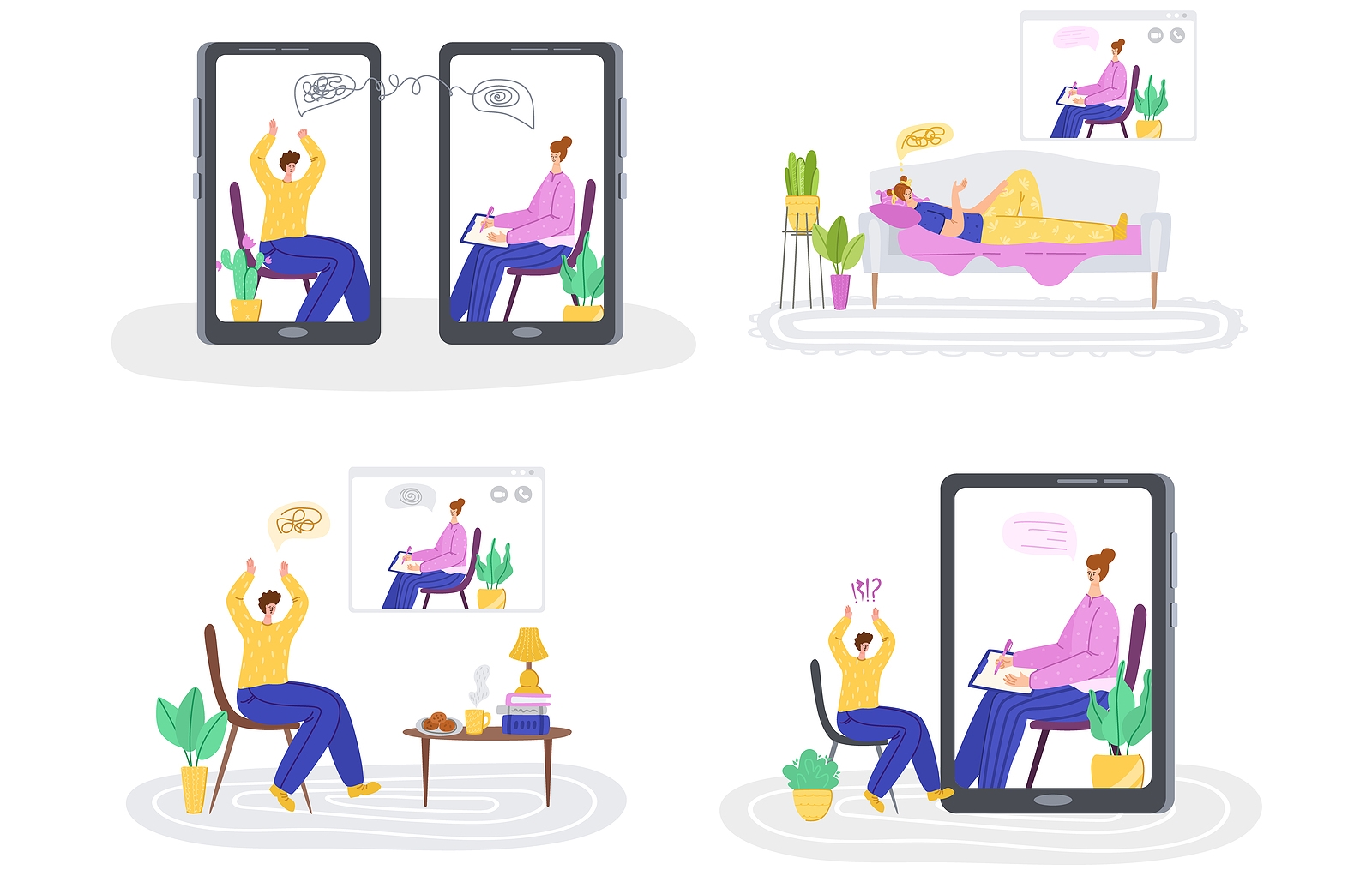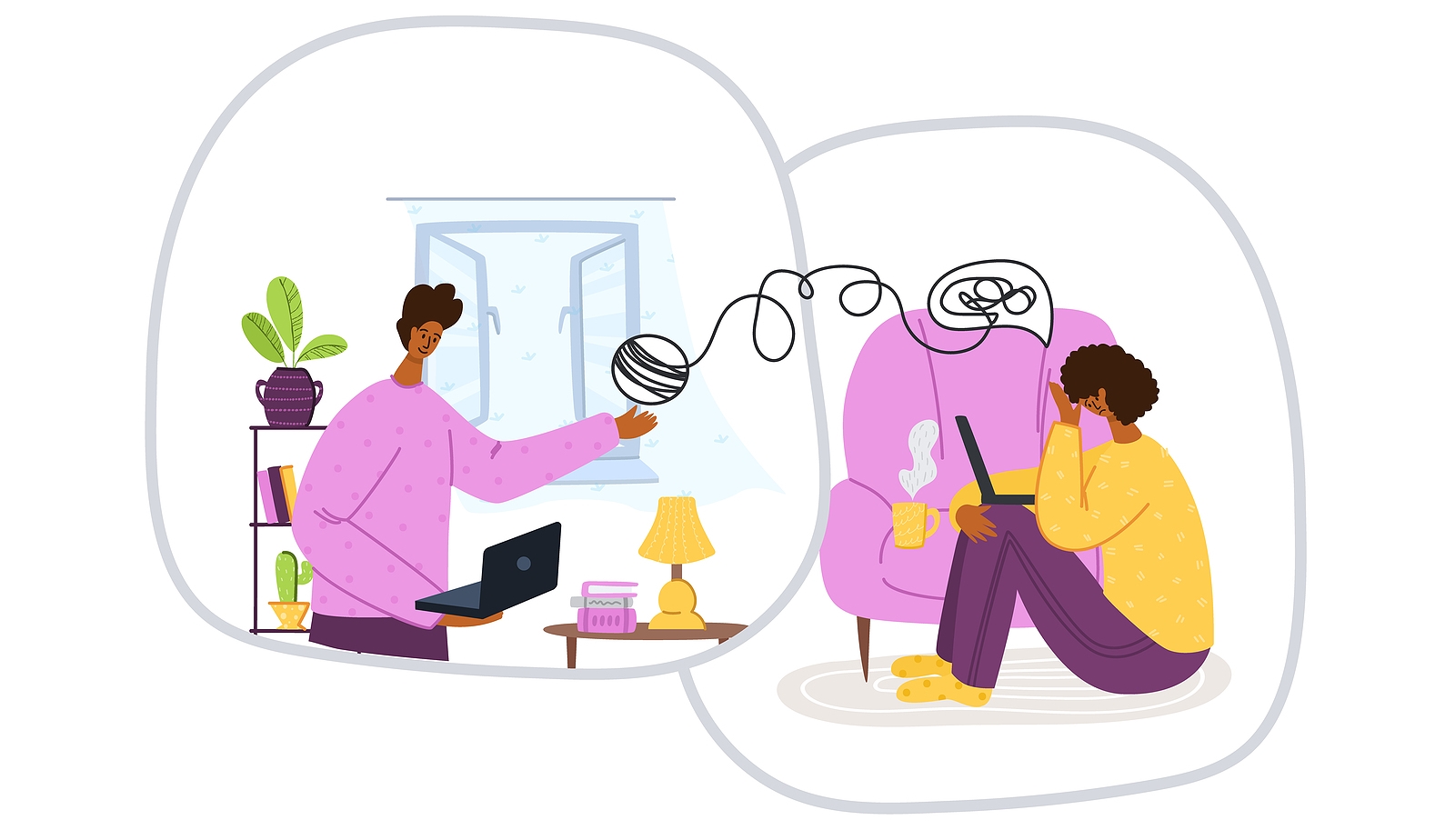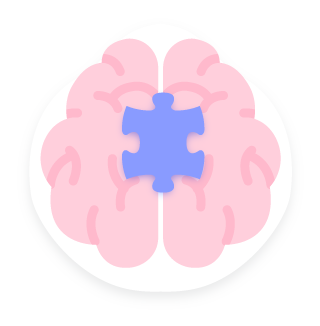DBT Skills for Emotional Regulation help people develop a healthy, realistic outlook regarding their emotions, why they occur, what they mean and how they can be neutralised or put to productive use.
DBT Emotional Regulation Skills
Historically there have been two main non-spiritual schools of thought regarding emotions. One school sees them as spot judgements about whether a particular situation satisfies our expectations. When we are happy it is because our expectations are being satisfied by the current situation. When we are sad it is because they are not.
The other school of thought believes emotions occur as a reaction to physiological changes such as increased heart rate or elevated hormone levels. These days, however, most agree that emotions are likely some combination of the two. DBT Emotion Regulation Skills help clients tame the emotional beast that can wreak havoc with personal relationships and undermine their individual goals.
About Behaviour Therapy
While it may not be their only role, emotions do produce judgments. For instance, when people meet for the first time they often know within just a few seconds whether they feel comfortable in the presence of the other person. Right or wrong (and initial feelings sometimes turn out to be wrong) this snap emotional judgment can form the basis of that relationship for many years to come.
A person’s emotions can also be influenced by the emotions of the people around them. A smile is contagious, as the old saying goes. And it’s true. Likewise, if you stumble upon a scene where everyone seems sad or upset, even if you do not know what happened you will likely have a similar emotional response.
In other cases, someone may have an inexplicably negative reaction to another person’s presence. Often this has little to do with the other person and everything to do with the projector sensing an opportunity to unload some of their emotional insecurities toward a person they’ve determined is a safe target.
DBT Emotion Regulation Skills seek to provide people with a better way to handle the emotional maelstrom. Emotion Regulation Skills teach a person to identify the emotion they are feeling at a given time and determine what it may have to say about themselves and their current situation.
DBT Emotional Regulation Skills List
Dialectical Behaviour Therapy, or DBT, teaches clients how to regulate their emotional responses and how to effectively navigate the emotional minefield in order to foster productive relationships going forward. DBT Emotion Regulation Skills training is divided into four modules.

Emotional Regulation
Emotional Regulation Skills can transform a person’s experience of the world. DBT Emotional Regulation Skills can enable them to better understand the nature of their feelings in a given situation so that they can avoid emotional extremes and build productive, emotionally satisfying relationships.
Interpersonal Effectiveness
Emotional dysfunction takes many forms and can undermine any attempts at building productive relationships. Lashing out, shutting down or “people pleasing” typically create interactions people wind up regretting. In this module, clients learn how to set boundaries, say “no” and ask for what they need.


Mindfulness
Mindfulness has an important role to play in helping a person develop Emotion Regulation Skills. While there are subtle differences between the two, mindfulness has much in common with the ancient tradition of stoicism. Both have to do with accepting the moment without applying judgment or notions about how things ought to be.
Distress Tolerance
Allowing oneself to be triggered by other people or circumstances rarely leads to satisfying outcomes. By learning distress tolerance techniques the client will become less reactive and more emotionally stable. This increased emotional stability can help them nurture more satisfying and productive long-term relationships.
Recognising and Naming Emotions
In order to develop Emotion Regulation Skills, the client must first learn how to understand and label the emotions they are experiencing. The Therapist assists the client in finding appropriate labels for their feelings such as “anxious” or “confused” that are more precise and actionable than simply stating that they “feel bad”.
Secondary feelings occur after the fact and are a reaction to our initial reaction. For instance, if a person has an angry outburst they may later feel regret over the incident. That, in turn, may lead them to act out in an attempt to make themselves feel better, which itself may produce regret and the roller coaster continues on and on around the track.
Being able to accurately identify the various emotions they are feeling will enable the client to create the skills necessary to process them in a productive way and thereby break the cycle that leads to secondary and tertiary emotions and counterproductive behaviour. The key is teaching the client to accept the primary emotion without passing judgment on themselves because they felt it.
[evp_embed_video url=”https://youtu.be/VQiZZt-b77U?si=QvIS_ZNHQQ8HYEkL”]
Contact DBT London
To learn more about DBT Emotion Regulation Skills call DBT London today on 0800 061 4225.
